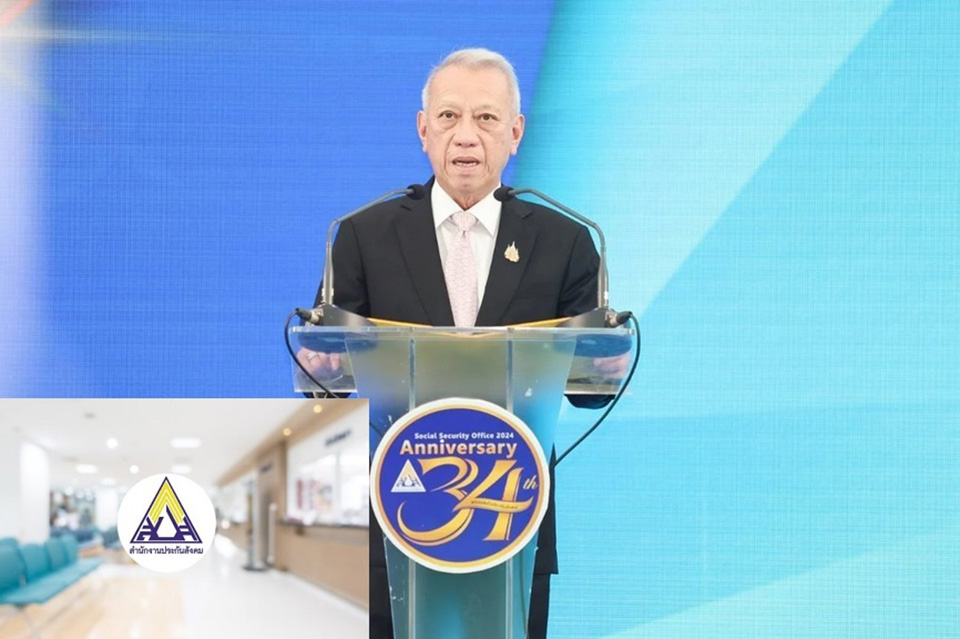
BANGKOK, Thailand – Private hospitals in Thailand are considering withdrawing from the Social Security system due to unsustainable expenses.
The hospitals said that the number of insured individuals has increased, while the per capita reimbursement rate has nearly halved. The Consumer Council has raised concerns, stating that the benefits under the Social Security program are inferior to those of the Universal Coverage Scheme — also known as Gold Card — and the Civil Servant Medical Benefits Scheme.
In response, Minister of Labour Phipat Ratchakitprakarn has directed authorities to urgently address the issue. Minister Phipat acknowledged the problem and mentioned that discussions with the Private Hospital Association are ongoing. These talks focus on adjusting reimbursement rates, especially for high-cost inpatient treatments. The SSO has been tasked with reviewing the situation and finding solutions to keep private hospitals in the program without financial strain.
The Minister stressed the importance of adequate government funding to support private hospitals. He stated that if the cost per insured person is set at 12,000 baht annually, this rate should remain consistent throughout the year. Phipat added that the Ministry of Labour is closely monitoring the situation to prevent further hospital withdrawals from the system.

According to the Social Security Office (SSO), there were 24.67 million insured individuals in 2024. This includes 11.83 million under Section 33 for employees, 1.88 million under Section 39 for former employees continuing contributions, and 10.96 million under Section 40 for self-employed and informal workers. Healthcare services for these individuals are provided by 267 medical facilities, 170 of which are public hospitals, and 97 are private. This is an increase from 260 facilities in 2023.
Despite the rise in the number of facilities, large hospitals have been steadily withdrawing from the system, being replaced by smaller institutions. Meanwhile, the insured population continues to grow. Rising medical expenses and reduced reimbursement rates, with no adjustment in other areas, have put financial pressure on hospitals. As a result, some private hospitals are contemplating leaving the program. (NNT)








